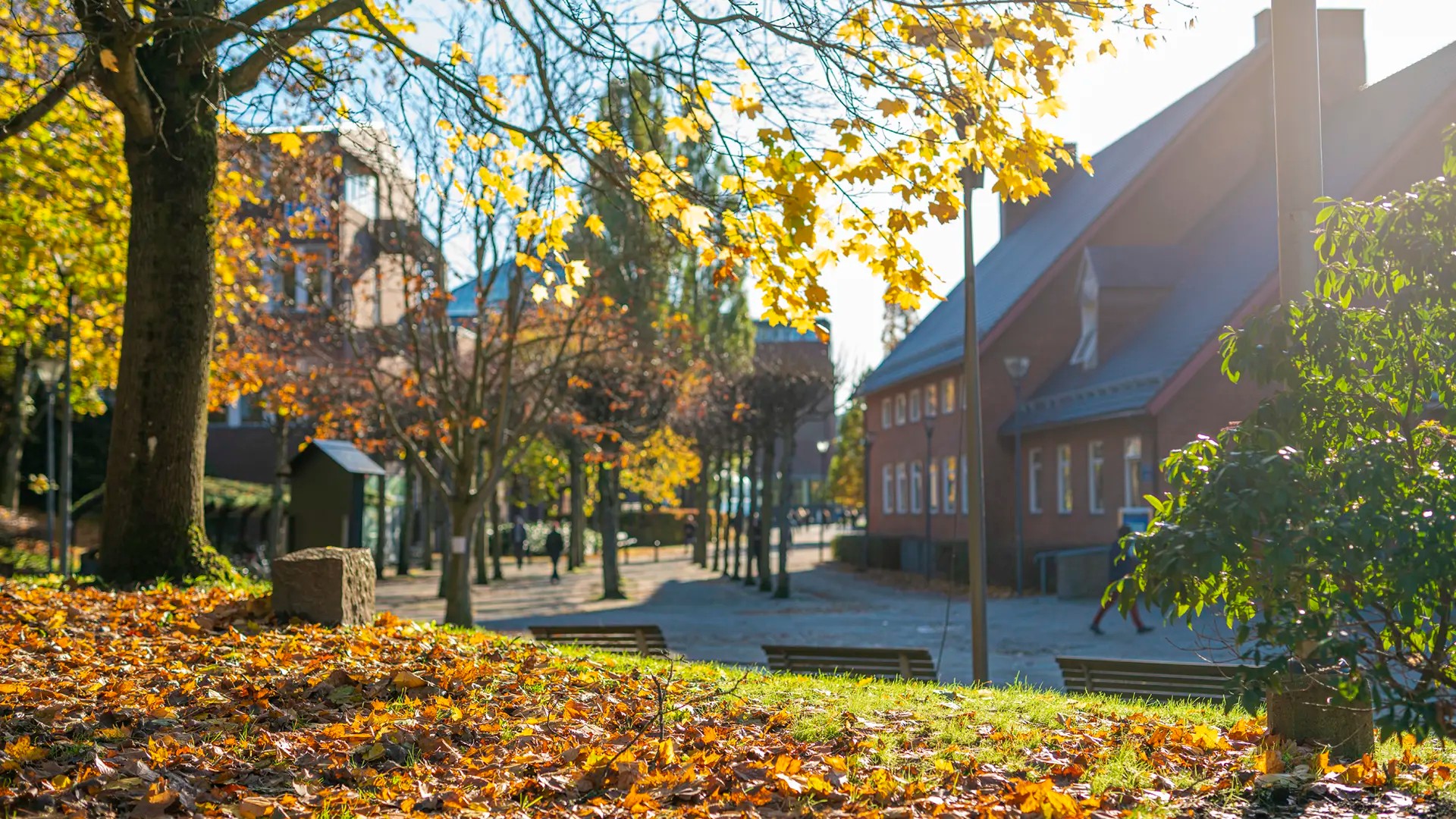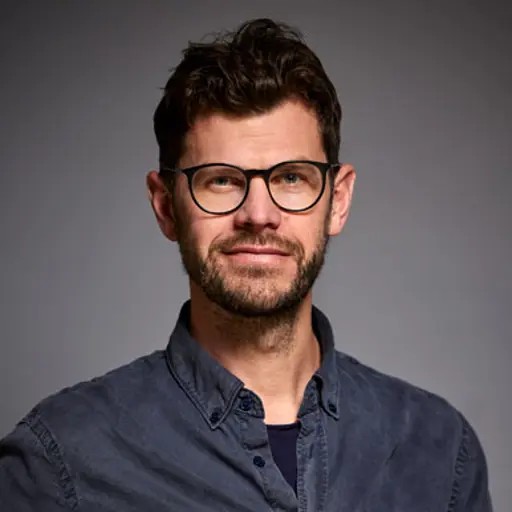
"Sensing, Planning and Designing grounded local-regional transformations"
23rd Meeting of the AESOP Thematic Group Planning and Complexity
Overview
- Date:Starts 27 November 2025, 09:00Ends 28 November 2025, 17:00
- Location:
- Language:English
Welcome to the Dynamics of Panarchy Conference in Gothenburg 27-28 November 2025. The conference is the 23rd meeting within the AESOP, Association of European Planning Schools.
Planning and design often remain a hierarchical and linear process of planning, implementation and maintenance that meet with increasing political ambitions for inclusion, diversity and the critique of a technocratic agenda to spatial transformations. Initiatives in both practice and research constantly seek to combine both top-down and bottom-up approaches. For example, the recent missions of the European Union to strengthen innovation and development through a combination of overall political leadership and local implementation.
The connection between complexity science and spatial planning has, for at least the last 20 years, put the “the perspective of a world in flow, which feeds dissipative systems, through which these adapt and self-organize more or less continuously” (de Roo, 2018, p.28). However, few researchers and practitioners truly engage with the panarchic dynamic of complex adaptive systems and the theoretical and methodological implications – Non-hierarchical and mutual interaction, self-organization between actors, as well as structures and scales of transformation that follow (Gunderson & Holling, 2002). Furthermore, the transfer of a panarchic and adaptive model, developed for describing ecosystems, to describing social systems poses critical questions. Beside adaptation, how do we deal with sustaining a diversity of subsystems? and how do we counteract negative effects such as socio-spatial inequalities and an uneven geographic development?
We invite scholars and scholarly practitioners to contribute with research and initiatives that engage with the dynamics of local-regional spatial transformation and the relations between actors, sectors, levels and scales through the lens of complexity theory, and especially working with panarchy, self-organisation, and the non-hierarchical interaction and dynamics of multi-level planning. How can transformations be more effectively conceptualised theoretically, while being grounded in local-regional realities?
Three avenues are of interest
Designing is in itself an iterative practice between phases of speculation, assessment, and proposing. We are interested in initiatives and studies that engage with design thinking and design practices to move beyond predefined, and often stereotyped visions of sustainable and attractive urban and rural development.
Planning tends to often be seen as a hierarchic and linear process of top-down decisions, regulations and governance. However, it is also a broad repertoire of practices that can create gaps and spaces. We are interested in research that critically engage in how planning can address uneven power relations and seeks radical inclusion and re-configurations that foster diversity and pluralism.
Sensing faces challenges to embark in analyses and interpretation beyond predefined categories and spatial units, e.g. reproducing power relations and spatial configurations. We are interested in approaches that can re-frame our sensing of interdependencies between scales, and that critically analyse the local-regional dynamics of circular systems.
Keynote speakers
- Sara Brorström:
Professor at the School of Business, Economics and Law, University of Gothenburg
This key-note focus on lessons from long-term research in, and about, the city of Gothenburg. Since 2011 the planning processes, decision-making, politics, and power have been analysed with a particular focus on how ideas of sustainability are translated into practice, highlighting key insights for understanding urban governance and change. - Jon Norberg:
Professor at the Department of Ecology, Environment and Plant Sciences, Stockholm University
This talk offers a concise historical overview of the panarchy concept, situates my work within this theoretical tradition, and shares cross-disciplinary insights intended to spark discussion. I will also define the key dimensions of panarchy with care—clarifying terms, mechanisms, and scales—to minimize common misinterpretations and to strengthen how we communicate complex adaptive systems phenomena across disciplines.
Speaker bios

Sara Brorström
Professor of Management and Organization at the School of Business, Economics and Law, University of Gothenburg.
Over the past 15 years, Sara’s research has focused on how strategies and ideas about sustainability are translated into practice within organizations. She has been doing ethnograpic studies of the city of Gothenburg since 2011. Her research has, for example, addressed social and ecological sustainability as well as integration. Sara has published her work in many well-regarded and highly ranked journals within the field of organization studies and public management.

Jon Norberg
Professor at the Department of Ecology, Environment and Plant Sciences, Stockholm University
His research explores Complex Adaptive Systems (CAS) theory, especially its cross-disciplinary applications to living entities, to better understand how networks of interacting components adapt, evolve, and self-organize under changing conditions. Central to this is panarchy, which provides a cross-scale perspective on CAS by describing how adaptive cycles (growth, conservation, collapse, reorganization) and nested interactions across temporal and spatial scales shape system dynamics and resilience. Alongside this theory-level work, he engages in more discipline-specific research: in trait-based ecology, he examines how adaptive processes occur at multiple levels (from individuals through populations to communities) using traits as mediators; in adaptive governance, he studies how institutions and societal systems adapt to change and uncertainty; and in human behaviour, he looks at how individuals’ and groups’ behaviour both drive and respond to adaptive dynamics in ecological and governance systems. Together, Jon Norberg's work seeks both to deepen theory and to contribute to practical understanding of resilience, transformation, and sustainability.
The event is organised by Nils Björling and the research area Local-Regional Transformations, Department of Architecture and Civil Engineering at Chalmers University of Technology.
Contact:
- Senior Lecturer, Urban Design and Planning, Architecture and Civil Engineering

